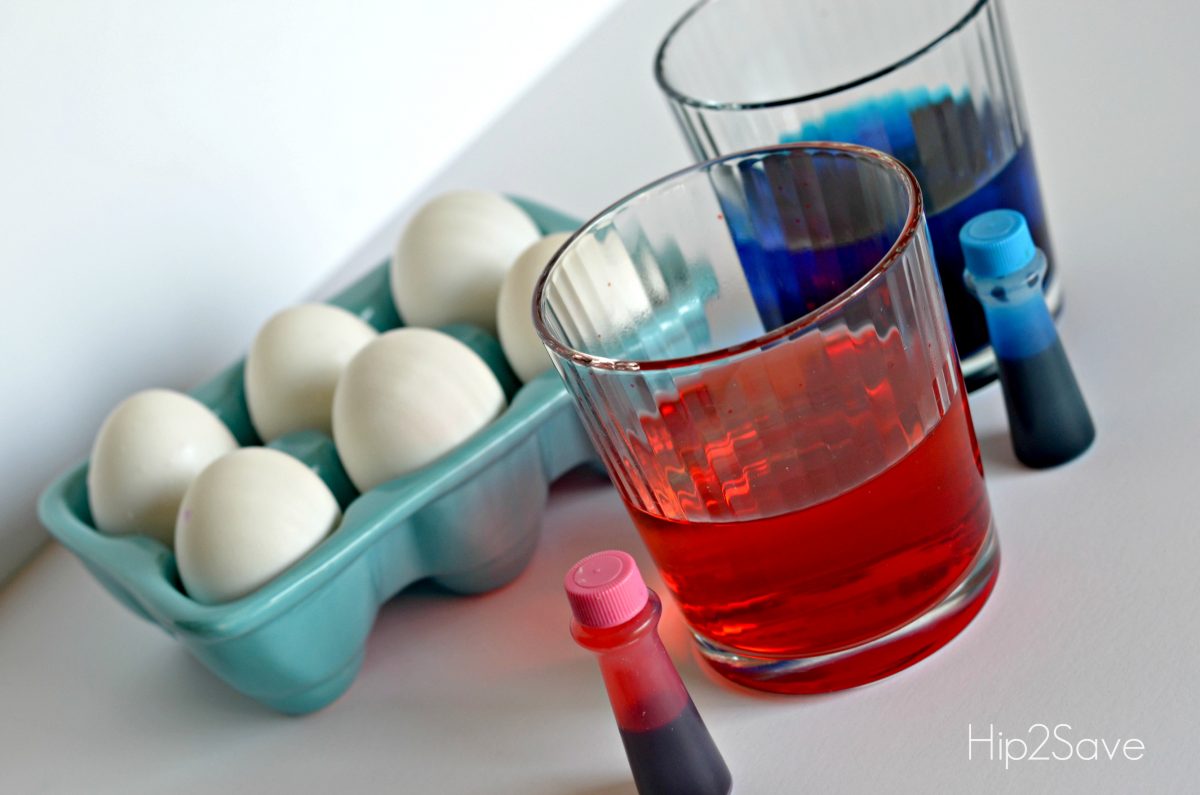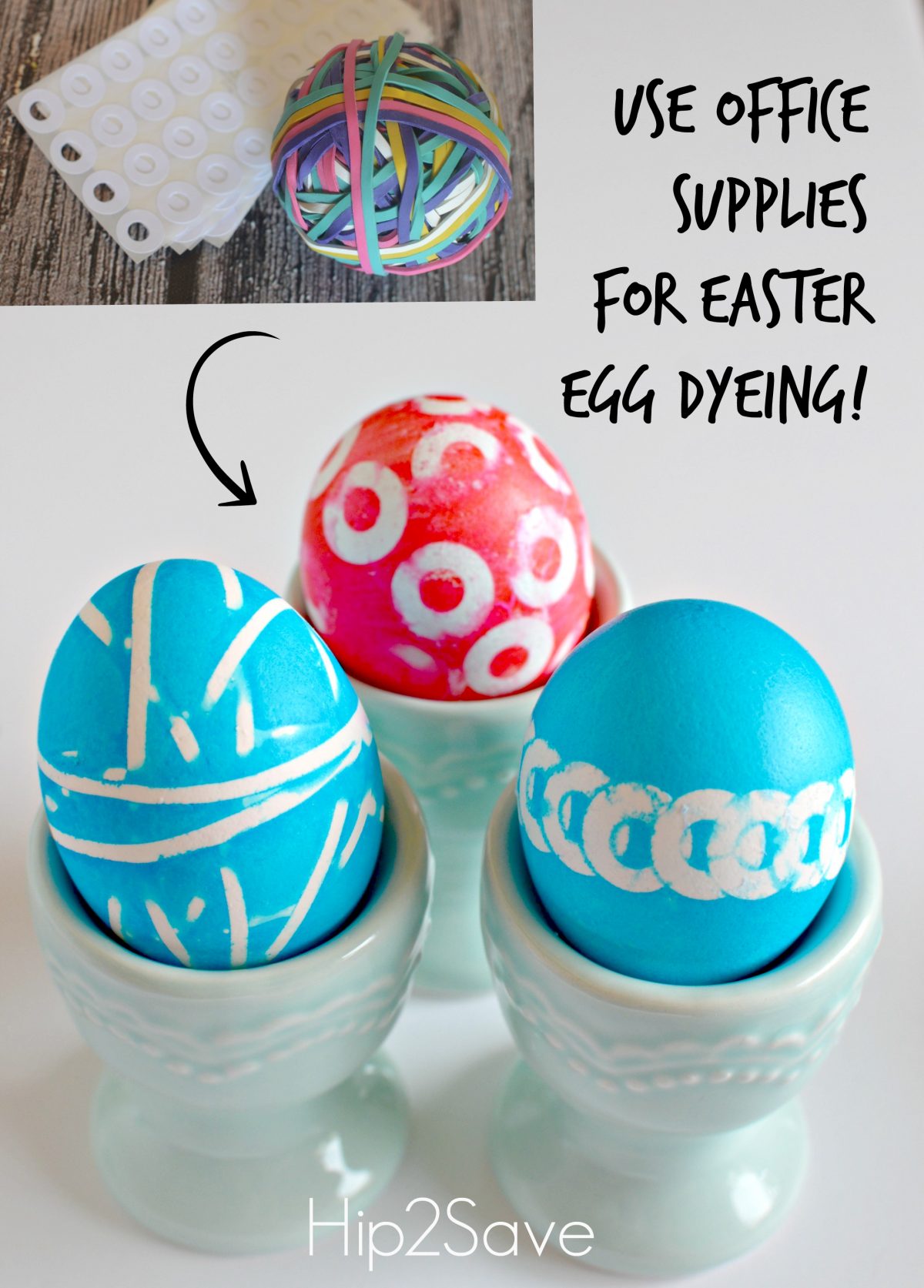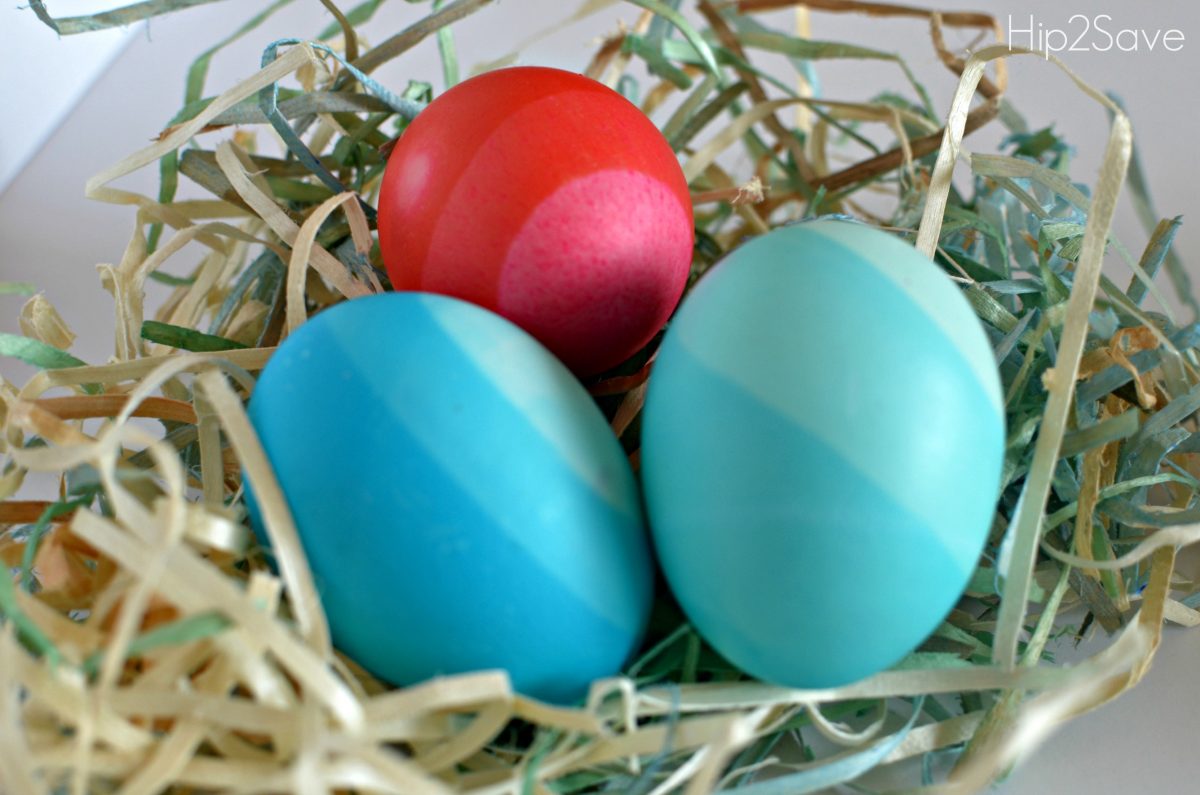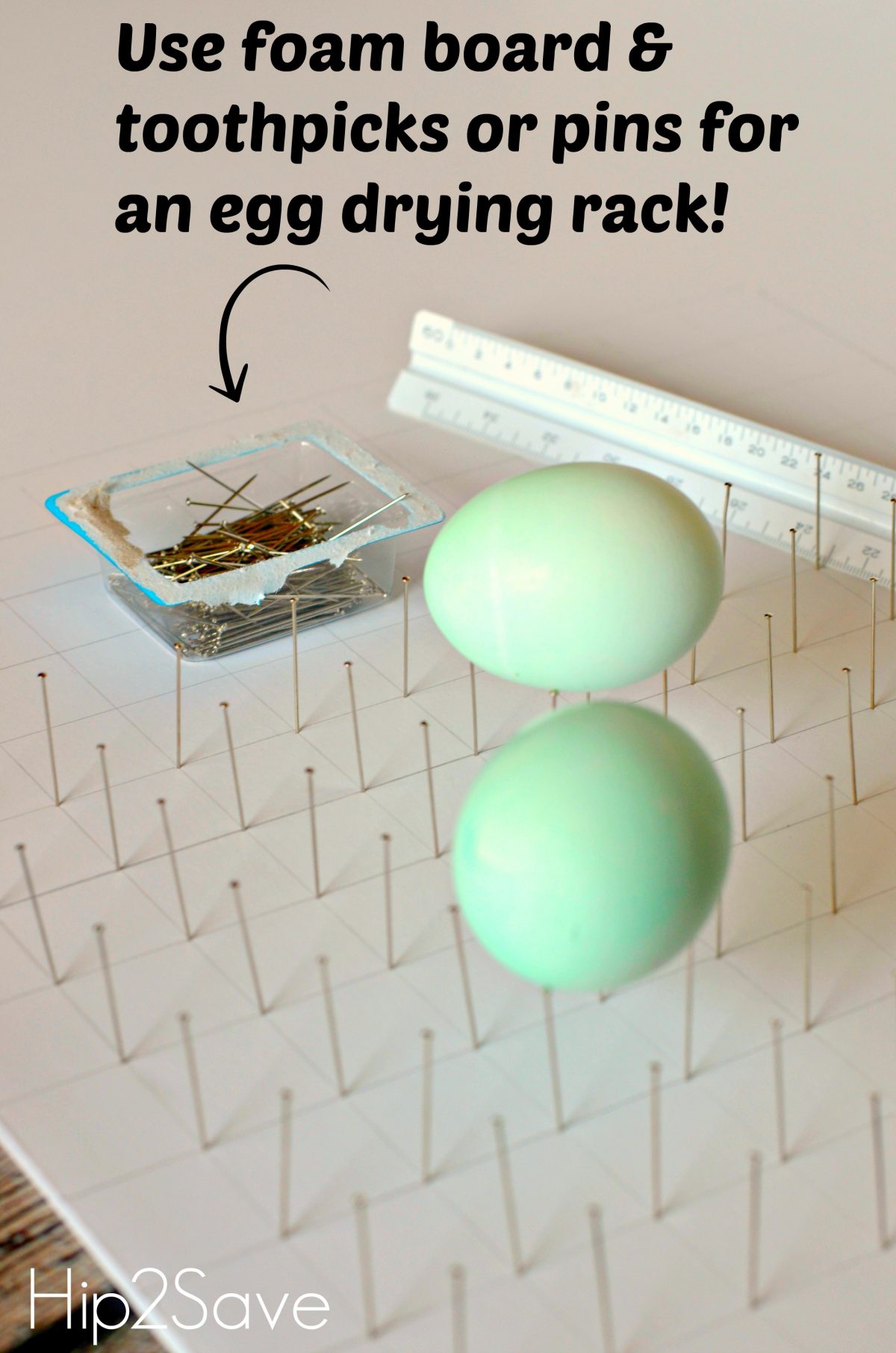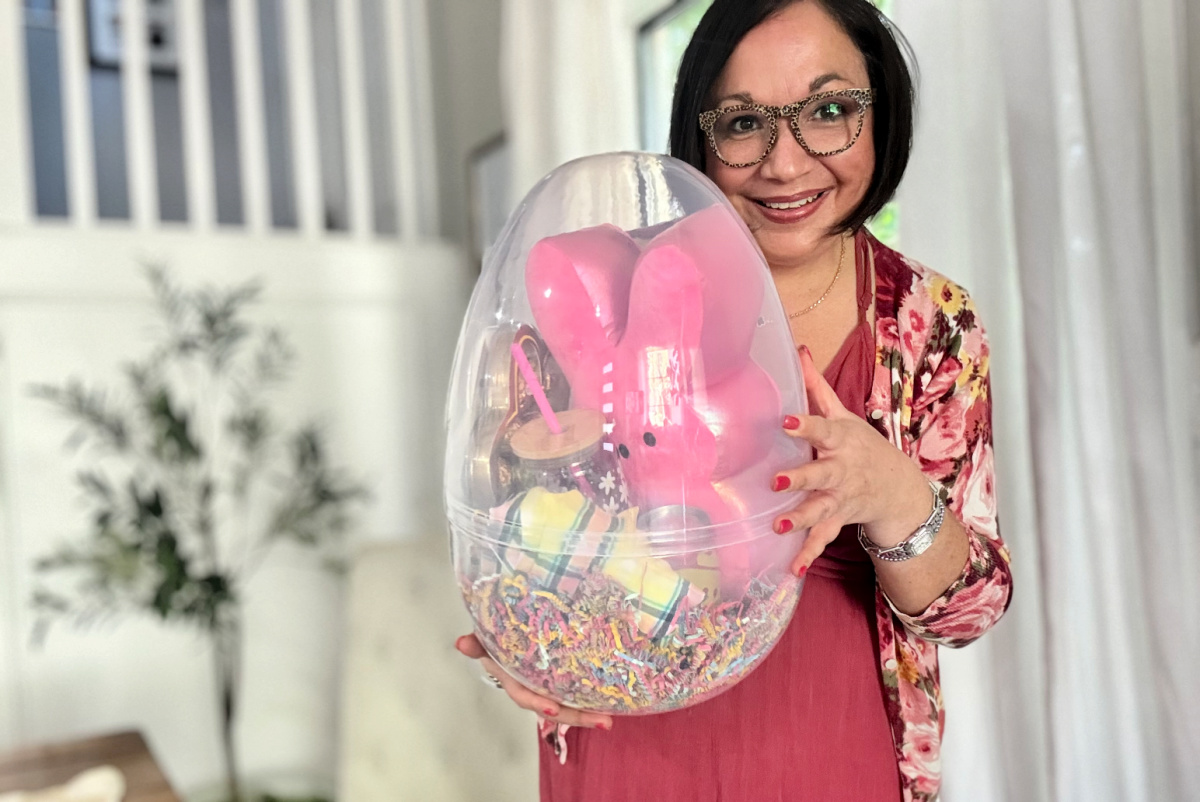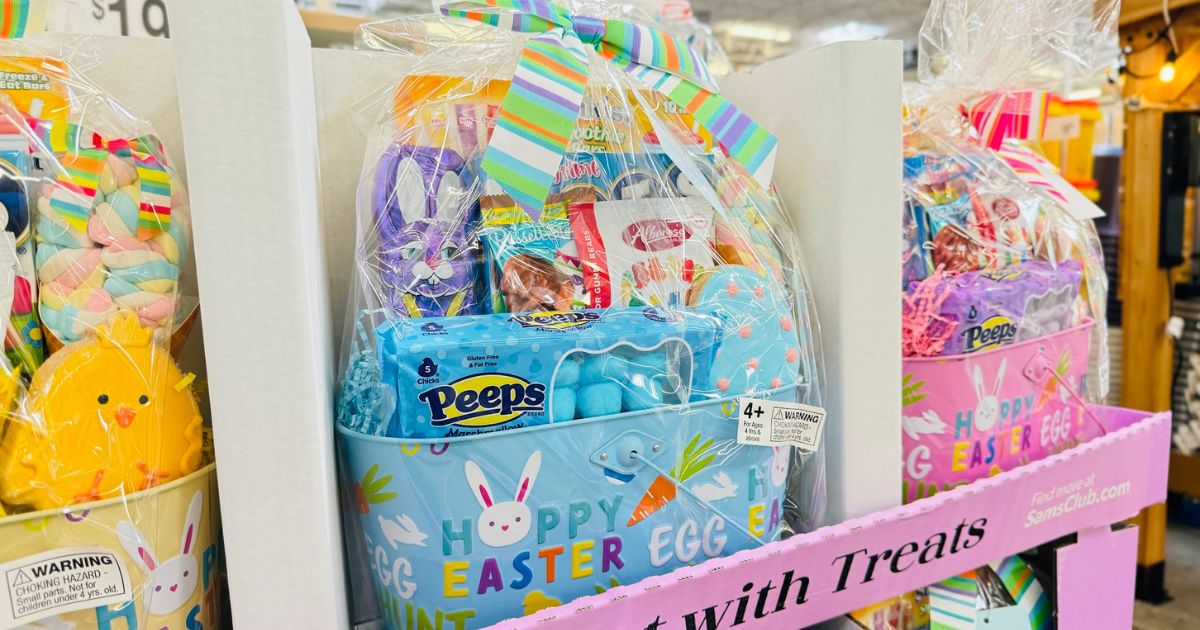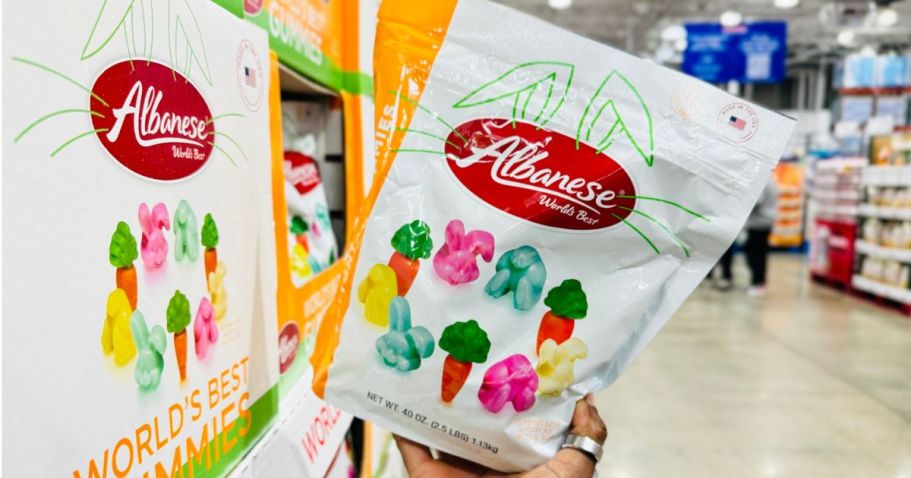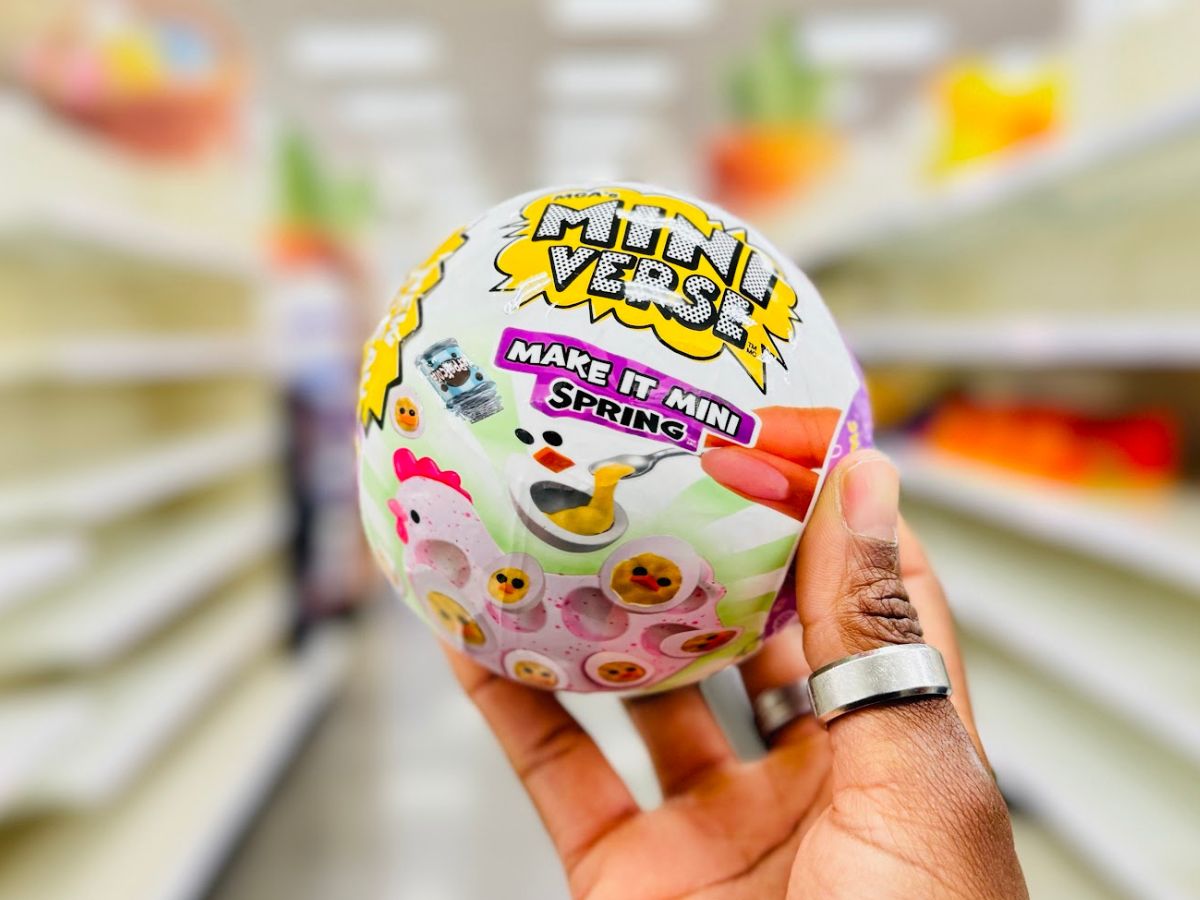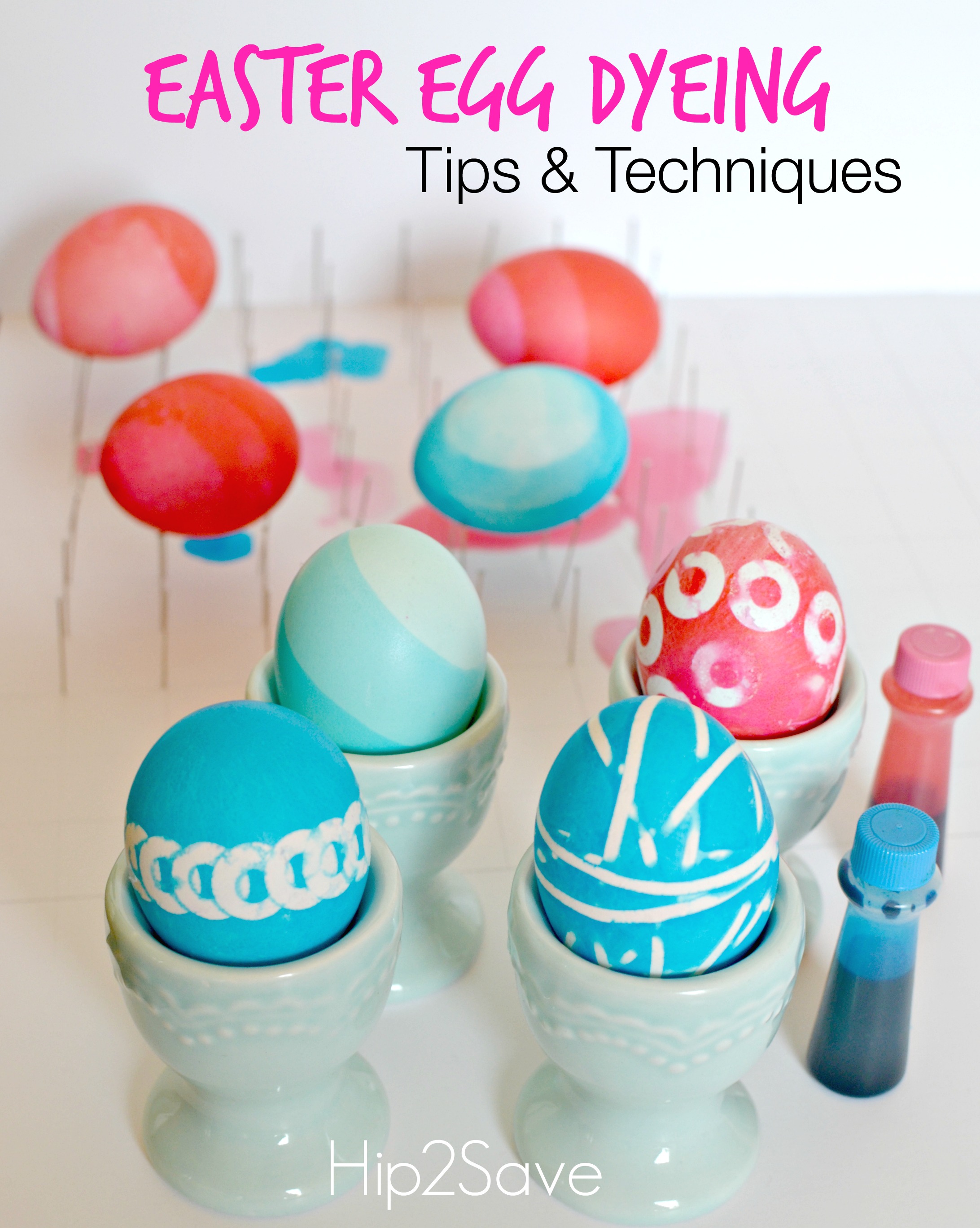Tried and True Easter Egg Dyeing Tips and Techniques
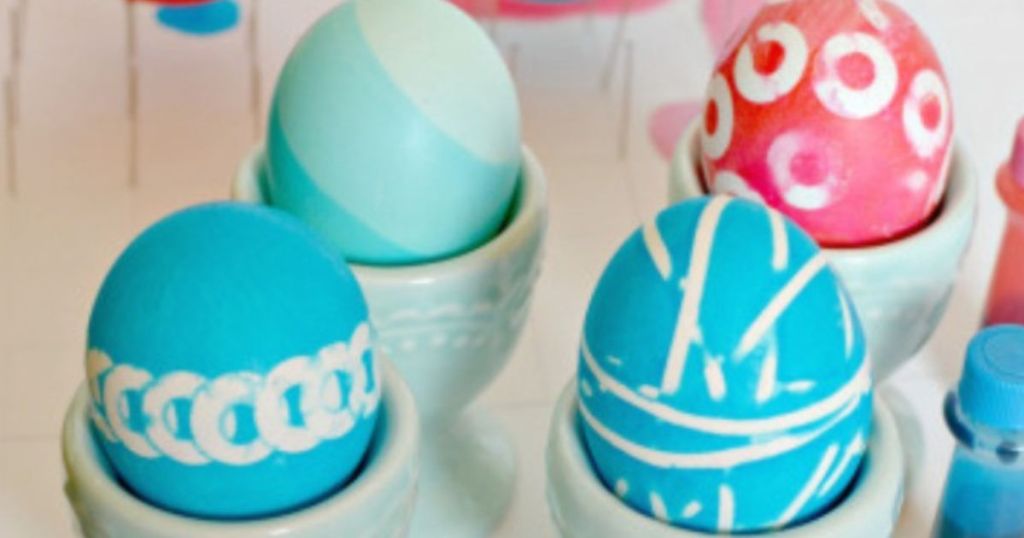
Will you be dyeing eggs as a festive Easter activity with the family? If so, here’s a tried and true super simple recipe for homemade Easter egg dye (no need to buy an egg dyeing kit at the store when you most likely have all the supplies you need at home!) and some creative tips to make the whole process fun and easy! Also, be sure to check out my Tips for Perfect Hard-Boiled Eggs!
Basic Easter Egg Dyeing Recipe
These eggs turn out perfect every time!
onlinebine in a small cup or bowl:
- 1 cup hot water
- 1 teaspoon vinegar
- about 20 drops food coloring
Leaving the hard-boiled egg in the dye for under 5 minutes will create lighter hues while leaving the egg in for 5-10 minutes will create darker colors.
Here are some clever Easter egg tips & tricks!
Now that you have the basic recipe down, it’s nice to have a little added insight. After years of learning along the way, I’ve picked up some tried and true ideas I’d like to pass along to you to make the process of dying eggs that much more fun!
1. Mask eggs with stickers, tape, and rubber bands before dyeing.
Look around the house for any small stickers and rubber bands you may already have on hand. Cutting painter’s tape with scrapbooking scissors and wrapping the egg is another fun masking technique. Below, I’ve used binder reinforcement stickers to create different patterns.
2. Make these ombre-dyed Easter eggs.
Create these pretty eggs by filling a small cup of dye so it covers only the bottom third of the egg. After 5 minutes add water, until it hits the top third of the egg. After 3 minutes, pour more water until it covers the egg onlinepletely. After a few minutes, you’ll have three shades of the same color.
3. Make an easy drying rack for eggs.
To avoid the puddles or rings at the bottom of dyed eggs, try this: draw a one-inch grid on a piece of foam board and stick pins or toothpicks in each corner. It supports the eggs for drying and can be re-used next year!
4. Try this Easter egg dyeing tip with kids.
For less mess, instead of having kids use their fingers, consider using a whisk, spaghetti server, or kitchen tongs for dipping eggs instead. You could also try using a large muffin pan instead of cups or bowls.

